What Happens if Anxiety Is Left Untreated?
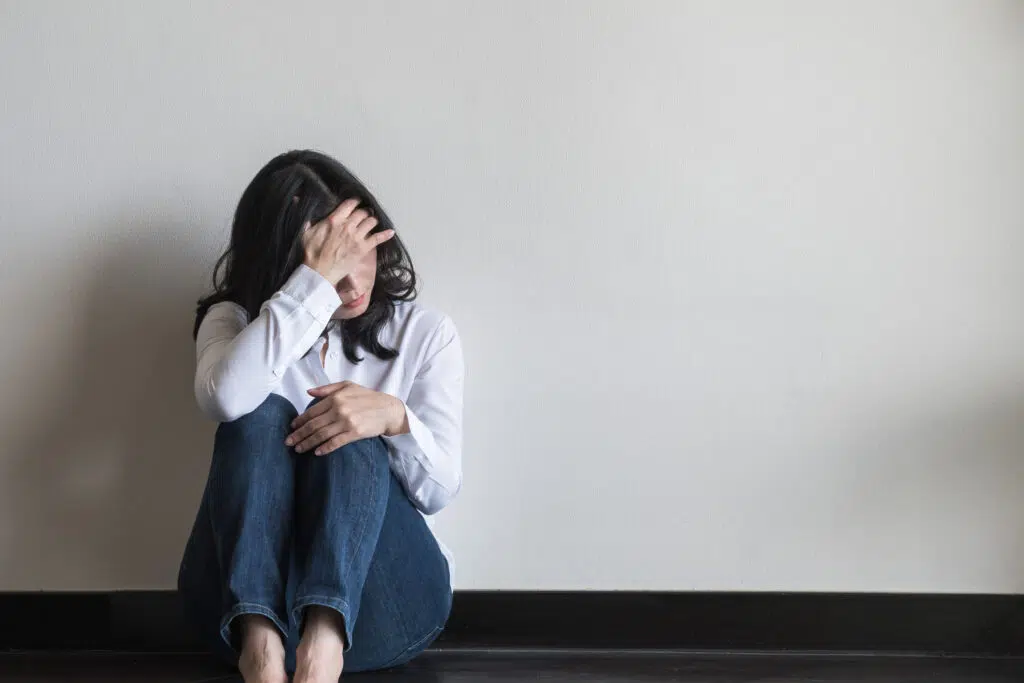
Anxiety disorders affect millions of people all over the world, yet only about 1 in 4 people in need receive treatment. Untreated anxiety can significantly impact many areas of your life. Anxiety is common and treatable, with early intervention being key. Here’s what happens when anxiety is left unchecked and what you can do about it.
What Is Anxiety?
Anxiety is a human emotion that so many people experience from time to time. You can feel anxious before an important interview or big presentation. However, an anxiety disorder is when it is excessive, constant, and interferes with daily life.
People with anxiety disorders can experience a variety of mental, emotional, and physical symptoms, such as:
- Excessive worry or rumination
- Feeling restless or on edge
- Trouble concentrating
- Tiredness and difficulty sleeping
- Rapid heart rate
- Stomach upset
- Sweating
What Is the Difference Between Depression and Anxiety?
While there can be some overlap between them, depression and anxiety have key differences in how they manifest.
Anxiety and depression often occur together in the same person, with some estimates suggesting up to 60% of people struggling with anxiety also experience depression and vice versa.
An anxiety disorder is primarily characterized by fear and worry with physical symptoms like a racing heart rate and sweating. On the flip side, depression is marked by symptoms such as persistent sadness, hopelessness, sleep disturbances, and energy changes.
Conditions Associated With Untreated Anxiety
Constant worry and fear, alongside the physical symptoms of anxiety, can majorly impact your quality of life. Untreated anxiety can have a ripple effect on your life. Maybe you avoid a social situation associated with anxiety or put off tasks or decisions that make you feel overwhelmed.
When you don’t break the cycle of anxiety, it can worsen the anxiety and increase the risk of other mental health issues.
Chronic Stress
Chronic stress and untreated anxiety have a complex relationship where they can make each other worse. This creates a cycle that’s hard to get out of.
The worry and fear associated with untreated anxiety can be a chronic stressor in itself, keeping the body on high alert. High anxiety levels can make it hard to perform daily tasks. These challenges can be a significant source of stress.
Feeling ongoing and excessive pressure impacts your health and well-being. Chronic stress may increase the risk of heart disease by contributing to factors like:
- High blood pressure
- Increased heart rate
- Inflammation
- Weakened immune system
The fight-or-flight response should be a temporary survival mechanism. But chronic stress keeps all those stress hormones elevated for extended levels. This constant activation can leave you feeling emotionally, mentally, and physically drained.
Substance Abuse
Chronic anxiety can feel relentless, and people may turn to drugs or alcohol to cope with those feelings and physical symptoms. While substances can offer temporary relief, over time, they can worsen the anxiety. Anxiety disorders increase the risk of substance use disorders as well as the risk of suicidal thoughts and behaviors.
One study found that people with substance use issues were much more likely to experience anxiety and depression than the control group. Researchers found that in the study, the severity of depression and anxiety was connected to the severity of substance use issues.
Inability to Focus
Anxiety can flood your mind, leaving little room to focus or concentrate. It can feel like you may get easily distracted by intrusive thoughts, or the physical symptoms of anxiety can completely pull your focus.
Inattention due to anxiety can leak into your daily life, such as missed deadlines, poor performance at work, and social difficulties. This can feed into the anxiety cycle and make it difficult to break away.
Insomnia and Fatigue
Sleep problems and disturbances are common symptoms of anxiety disorders. Anxiety and sleep problems are closely linked. Excessive worry can make it much more difficult to fall asleep. At the same time, not getting enough sleep can worsen anxiety, impair cognitive function, and contribute to physical symptoms like fatigue, headaches, and muscle tension.
When left untreated, anxiety can disrupt sleep. Often, as your head hits the pillow, all those thoughts can come rushing in, making it difficult to fall and stay asleep.
Types of Anxiety Disorders
Anxiety disorders are a group of mental health conditions marked by excessive fear and worry that significantly disrupt daily life.
Common types of anxiety disorders include:
- Generalized Anxiety Disorder (GAD): Persistent, excessive worry about everyday things.
- Panic Disorder: Recurrent unexpected panic attacks, often accompanied by fear of future attacks.
- Specific Phobias: An intense fear of specific objects or situations, like flying or heights.
- Social Anxiety Disorder: Also known as social phobia, it causes overwhelming anxiety or fear of social situations.
- Agoraphobia: Fear of being in situations where it could be difficult to escape or get the help you need.
Recovery Is Possible With Treatment
Anxiety disorders affect almost 30% of adults at some point in their lives. But know that anxiety disorders are treatable, and most people lead normal and fulfilling lives with the proper treatment.
The specific approach and treatment can differ, depending on the individual. Here’s what treatment for anxiety can include:
Psychotherapy
Cognitive behavioral therapy (CBT) is widely considered effective in the treatment of anxiety disorders. Multiple studies have shown CBT to be effective in improving anxiety symptoms and overall quality of life.
CBT helps with anxiety disorders by recognizing and challenging unhelpful thought patterns, developing coping strategies, improving communication skills, and building resilience.
Other therapies used in anxiety treatment include:
- Exposure therapy
- Acceptance and commitment therapy
- Support groups
- Mindfulness-based therapies
- Psychodynamic therapy
- Interpersonal therapy
Lifestyle Changes
Self-care for anxiety can include lifestyle changes like:
- Regular exercise
- Healthy diet
- Consistent sleep
- Stress management
In some cases, medication may be recommended alongside therapy. While medications don’t cure anxiety disorders, they can offer relief and help manage anxiety symptoms.
The decision to take medication is entirely yours and should always be made in consultation with a healthcare professional.
Long-Term Outlook for Untreated Anxiety
Left unaddressed and without treatment, anxiety can wreak havoc on a person’s quality of life, relationships, and overall well-being.
Persistent and excessive worry can lead to chronic stress, a significant risk factor for medical conditions such as heart disease. Anxiety can also strain relationships and significantly impact daily functioning.
Addressing anxiety early can help prevent it from getting worse and improve the long-term outlook. Many people struggle with anxiety, and asking for help is a crucial step for managing it effectively and living a healthier, happier life.
Contact Thriving Center of Psych
Remember that recovery is entirely possible. With the proper support and treatment, you can learn to manage anxiety. Speaking to someone you trust about your experiences with anxiety can be incredibly helpful. Connect with others who understand what you’re going through.
If you’re feeling overwhelmed by anxiety, you don’t have to struggle alone. At Thriving Center of Psych, our experienced anxiety therapists offer compassionate care and treatment tailored to your unique needs. Our therapists can teach you practical skills to cope and offer guidance to help you overcome challenges and reach your goals.
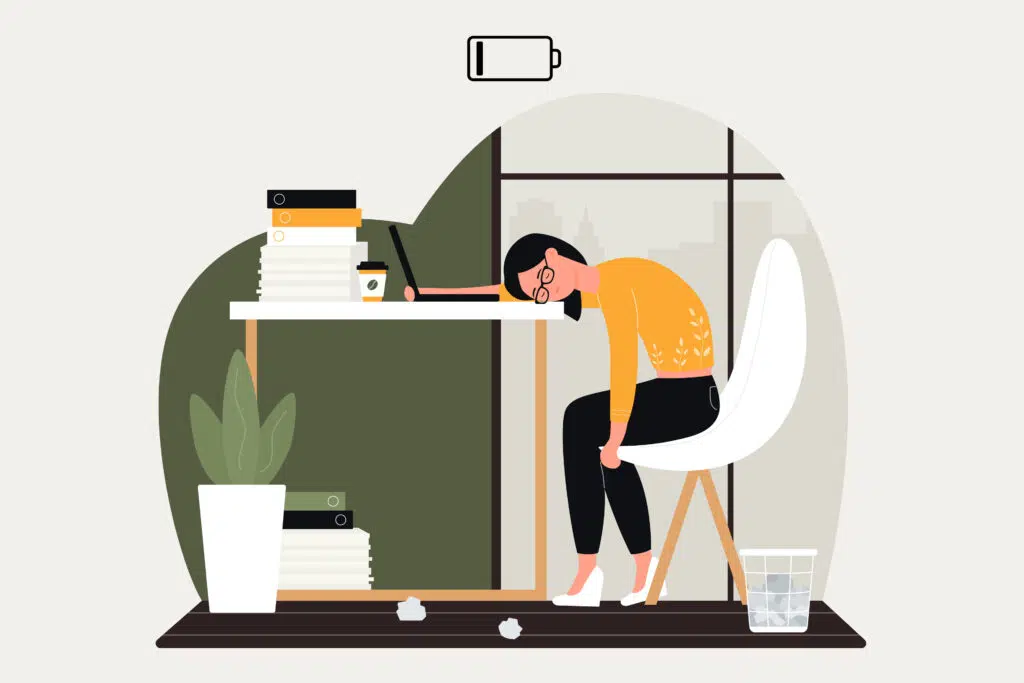
How Long Does it Take to Recover From Burnout?
If you’ve reached burnout, it describes a state of complete emotional, physical, and mental exhaustion. Between heavy workloads, toxic work environments, economic uncertainty, and a poor work-life balance, burnout is a very real problem that can affect all aspects of your health.
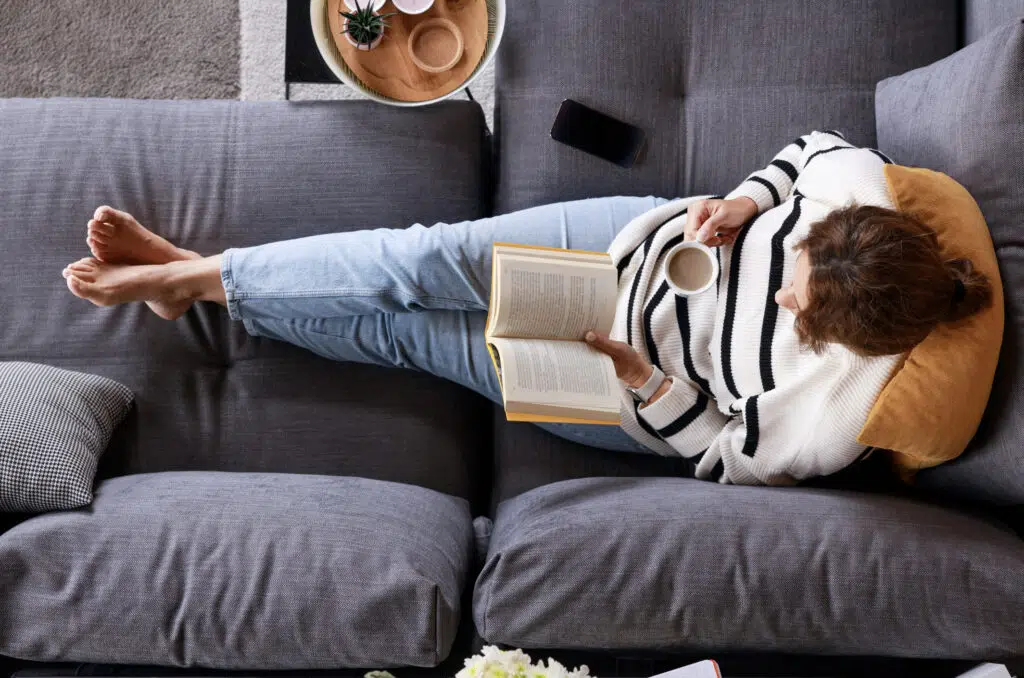
What is Mindfulness Therapy?
Mindfulness therapy involves using mindfulness techniques to increase awareness and learn to manage emotions more effectively. These techniques include paying attention to the present moment without judgment.
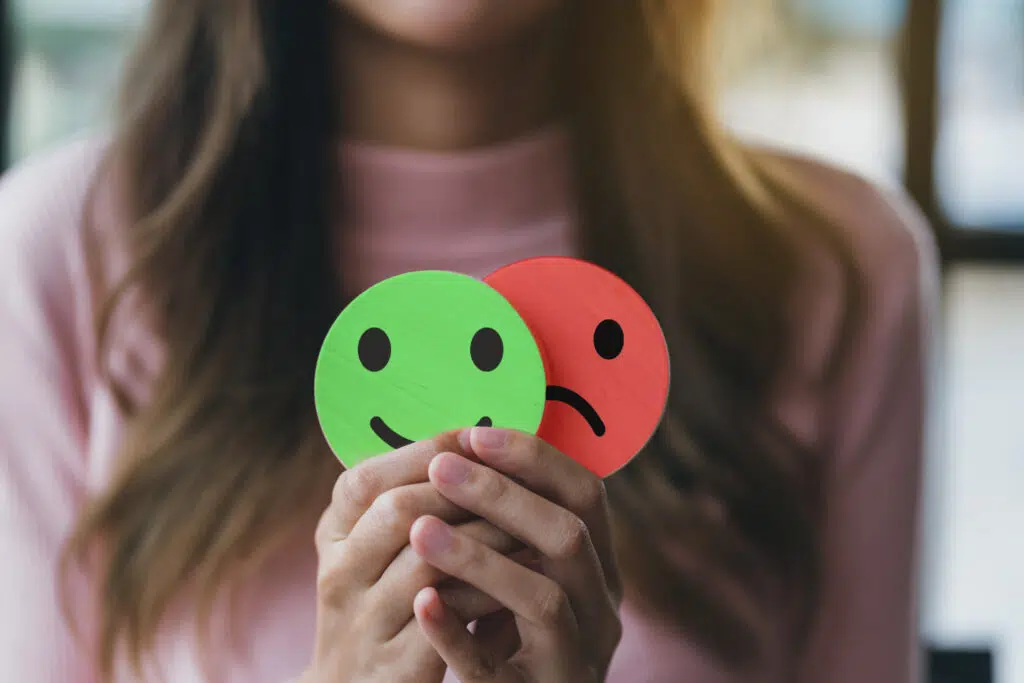
What is Dialectical Behavioral Therapy (DBT)?
Dialectical behavioral therapy (DBT) is a type of talk therapy developed to help people struggling with intense and overwhelming emotions and relationship difficulties.
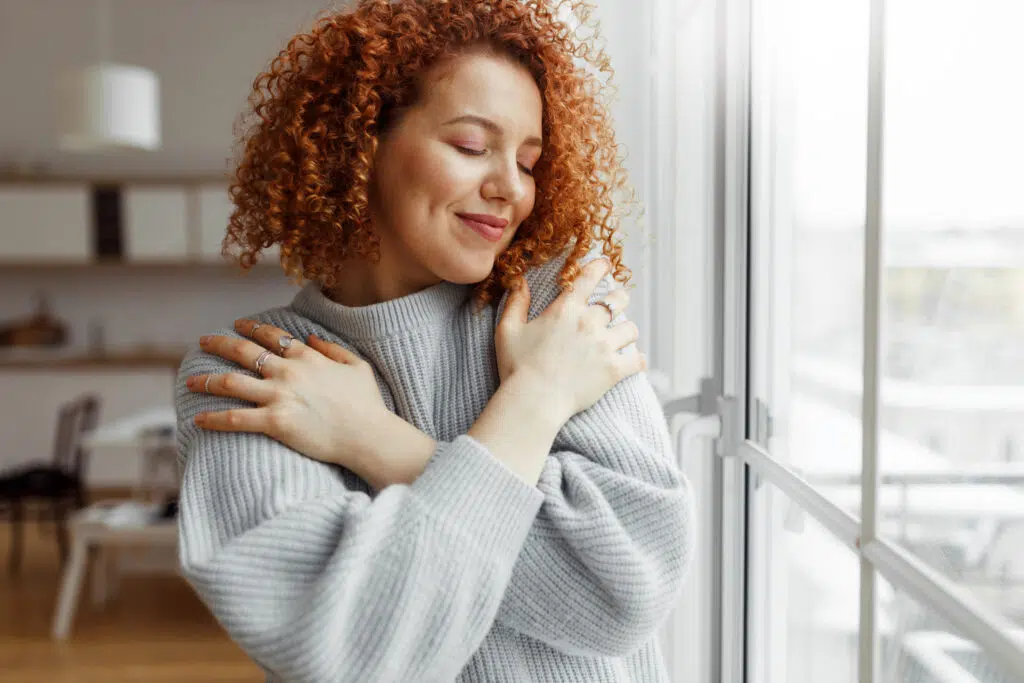
What is Acceptance and Commitment Therapy (ACT)?
Acceptance and commitment therapy (ACT) is a type of talking therapy that encourages individuals to embrace and accept their thoughts and feelings instead of battling against them. ACT doesn’t eliminate the problem but equips a person with the tools to manage the problem and live a more fulfilling life.

